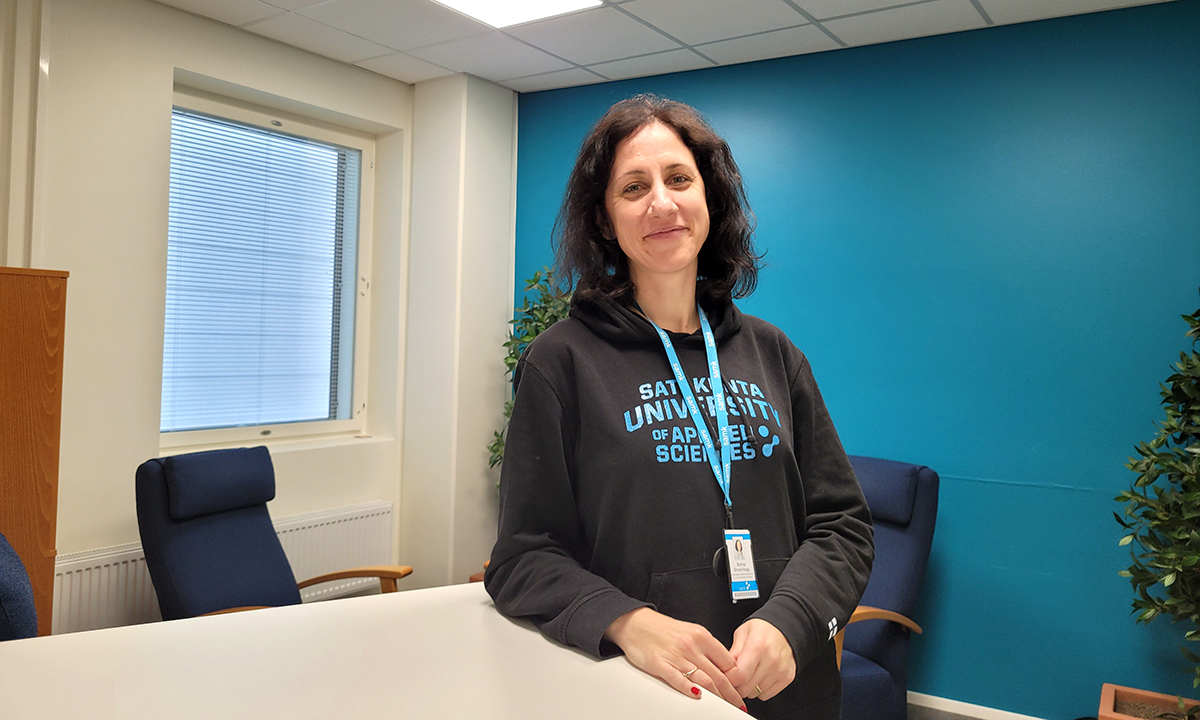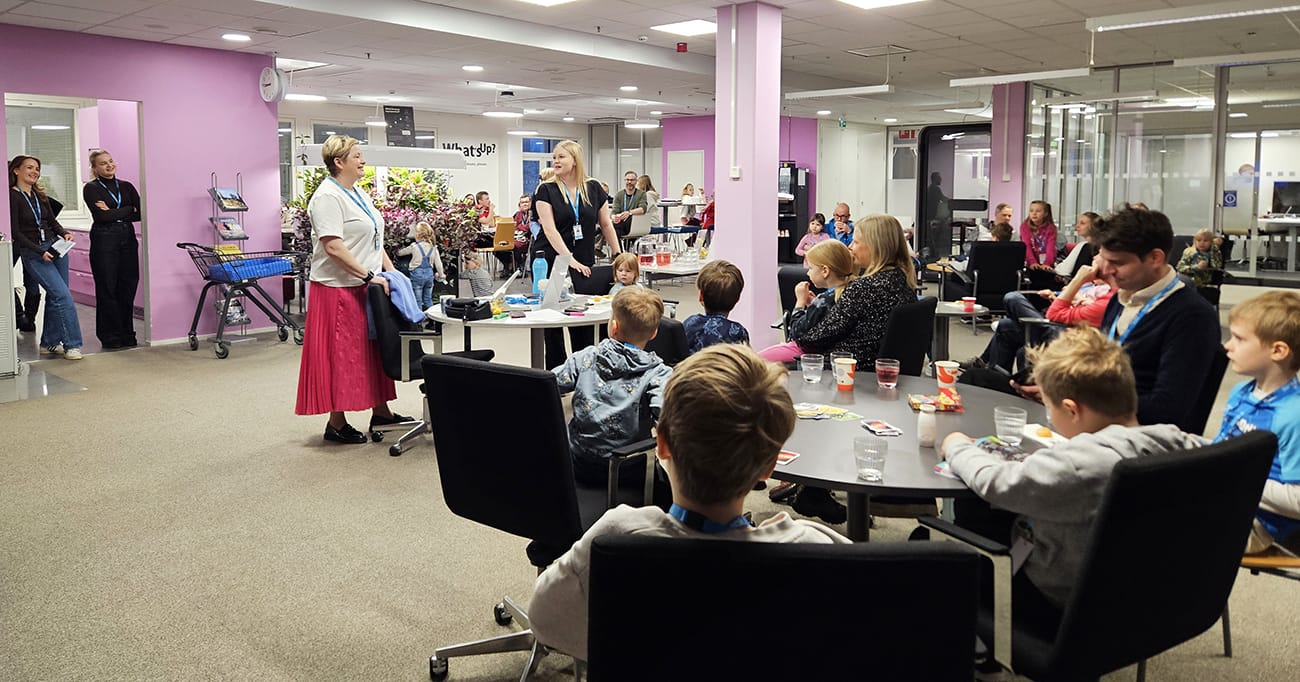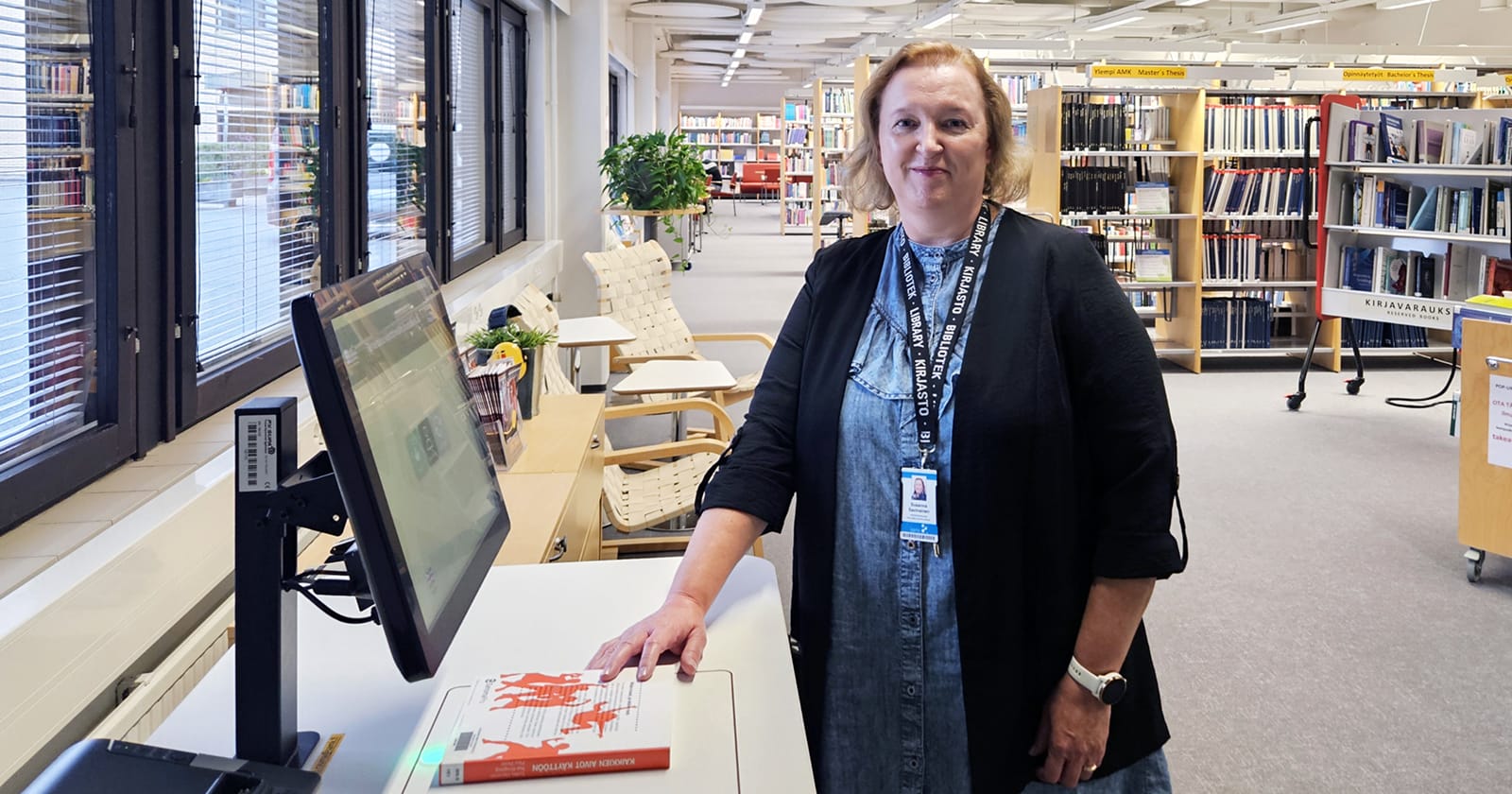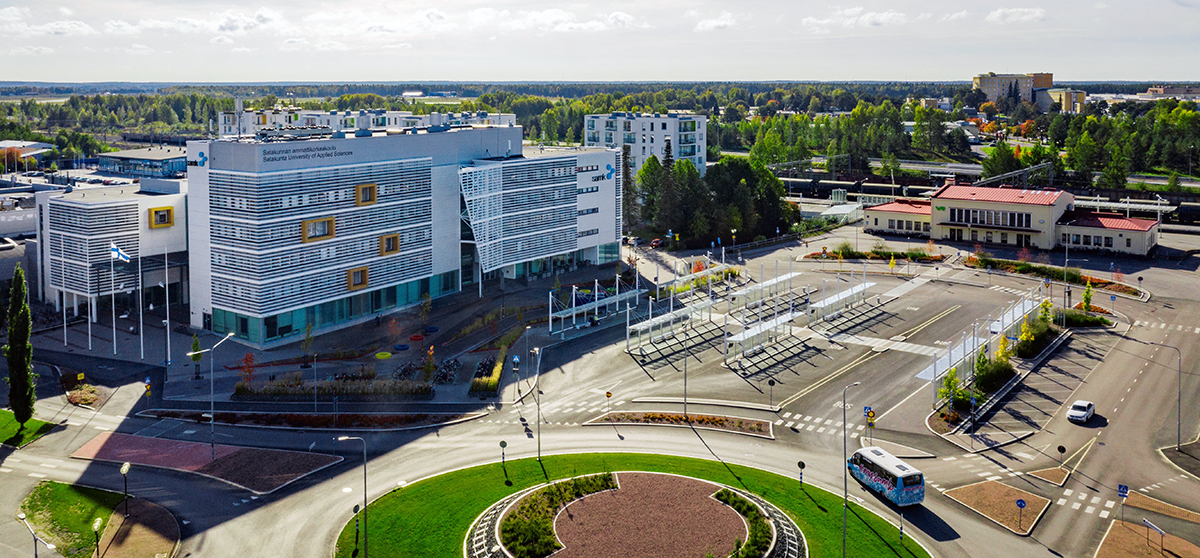Szilvia Simon-Nagy has been given fairly free hands to develop her job description, which includes, among other things, the integration of international students.
– We are working to make internationalism more and more a part of all our daily lives. We can learn about other cultures and customs even while we are here in Finland. It’s great to see a growing openness to diversity,” she says.
Even before starting their studies, students are given online information sessions on different topics and are introduced to services such as those provided by cities and operators. For new international students, the academic year at SAMK starts with a Welcome Week. The week aims to help students settle in, deal with official formalities and get to know their new hometown.
Simon-Nagy’s work also includes supporting international students throughout their studies. Often the student’s question is not related to her work, but she is the familiar person that the student can easily approach. If she cannot help the student herself, she can guide them forward. For example, Simon-Nagy can help find accommodation, hobbies, or daycare and school places for students’ children.
Enthusiasm for Finland sparked by a choir from Tornio
Hungarian-born Szilvia Simon-Nagy herself became interested in Finland as a little girl. Her godmother’s choir collaborated with a choir from Tornio. The godmother told many stories about Finland.
As a high school student, Simon-Nagy and her fellow students were able to visit the Finnish twin town of Lieto.
– That visit gave me the feeling that I would like to come back here one day,” she recalls.
This wish came true when Simon-Nagy came to Finland, initially as a volunteer in an EU project. For a year she worked in a youth organisation in Pori, where her main task was to put on puppet shows with other young people from Europe. Simon-Nagy is very grateful for this work, as her Finnish language skills started to develop through the puppet fairy tales.
SAMK understands the importance of multiculturalism
Simon-Nagy has worked with international affairs for a long time. She has a wide professional network, which she can also use in her current work.
She feels that she is part of the SAMK community and that her expertise is heard.
– SAMK can indeed be called international. Even inside the building, you can see that there are students and staff from all over the world. And we have many higher education institutions as partners. Very often we have visitors from one of the institutions, or somebody from SAMK goes to visit a partner institution,” says Simon-Nagy.
She praises the fact that at SAMK the importance of multiculturalism is understood.
– A multicultural and diverse workplace means a better and stronger company. Recently, cities in the region have also become more aware that SAMK has a significant number of international students. This potential should be taken advantage of, not only for the development of cities but also to strengthen the multicultural competence of working life and work communities,” she says.
——————
SAMK has over a thousand international students from more than 100 countries. Thirty members of staff come from abroad, from twenty different countries.



